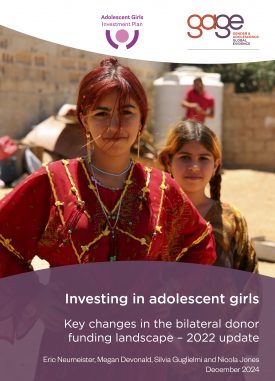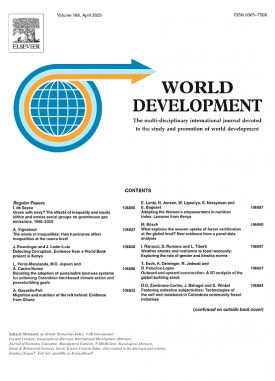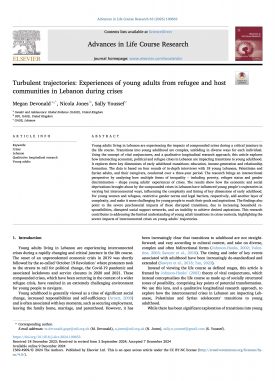Over the past decade there has been burgeoning interest in better understanding the complex economic and social drivers of child marriage to support evidence-informed prevention efforts. By contrast, notwithstanding the estimated 12 million girls globally who marry each year as children, the evidence base on the consequences of child marriage is much thinner – as are programming efforts to support ever-married girls. Moreover, existing evidence focuses predominantly on the education, physical health, and income-generation challenges that married adolescents face.
There is only limited research exploring the effects of child marriage on adolescent girls’ psychosocial well-being and mental health, particularly in conflict-affected contexts. To contribute to these research lacunae, this article draws on cross-country mixed-methods data with 8,567 young people aged 15–24 collected in three conflict-affected geographies between 2021 and 2023: the Rohingya refugee camps in Cox’s Bazar, Bangladesh; Palestinian and Syrian refugee and host communities in Jordan; and two conflict-affected zones in Ethiopia.


